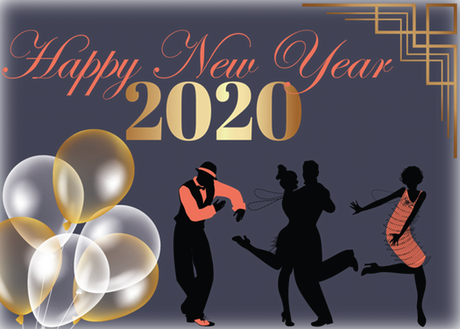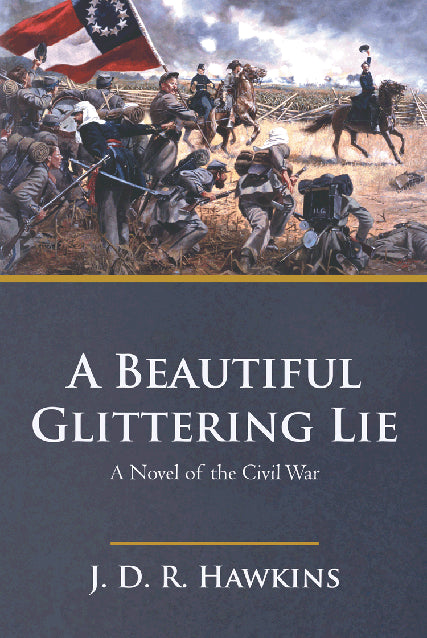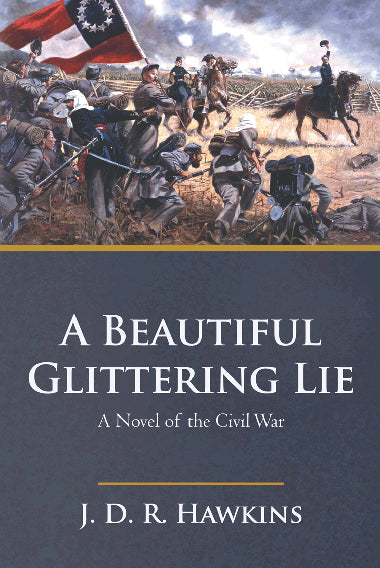News
New Recommendation and Review
I received this notification from Alignable that Jacqueline Terrill from Pittsburg Press recommended me! Thanks so much, Jacqueline! Jacqueline Terrill from Pittsburg Press LLC has added a new reason to...
Read MoreHappy New Year!
I would like to wish you a very happy New Year! This year is especially special, because it is a new decade, and it is, once again the Roaring 20’s!...
Read MoreBook Blitz – Unusual Equations
About the Book: Viraj is struggling to concentrate at work because he has a wife to worry about. But he is more apprehensive because he knows that she is currently...
Read MoreBook Blitz & Giveaway!
About the Book: They meet under impossible circumstances. She is kidnapped by terrorists blackmailing her father, a Supreme Court Judge. He leads the team sent to rescue her. Trekking to...
Read MoreFive Star Review For A Beautiful Glittering Lie
Recently, I have been sharing my novel, A Beautiful Glittering Lie, with readers who are members of a group called Voracious Readers. The version I’ve been sending is from my previous...
Read MoreAnother Stellar Review for A Beautiful Glitteri...
I recently received another flattering review for my novel, A Beautiful Glittering Lie. Thank you so much, Abi Rowe, for your review! BTW, this book is being republished with another company,...
Read More




